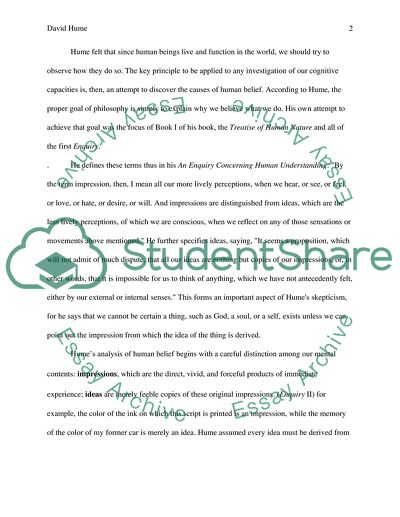Cite this document
(“The Philosophical Naturalism Of David Hume Essay”, n.d.)
Retrieved from https://studentshare.org/philosophy/1536718-please-read-notes-below-for-the-2-topics-that-has-to-be-covered-in-this-paper
Retrieved from https://studentshare.org/philosophy/1536718-please-read-notes-below-for-the-2-topics-that-has-to-be-covered-in-this-paper
(The Philosophical Naturalism Of David Hume Essay)
https://studentshare.org/philosophy/1536718-please-read-notes-below-for-the-2-topics-that-has-to-be-covered-in-this-paper.
https://studentshare.org/philosophy/1536718-please-read-notes-below-for-the-2-topics-that-has-to-be-covered-in-this-paper.
“The Philosophical Naturalism Of David Hume Essay”, n.d. https://studentshare.org/philosophy/1536718-please-read-notes-below-for-the-2-topics-that-has-to-be-covered-in-this-paper.


